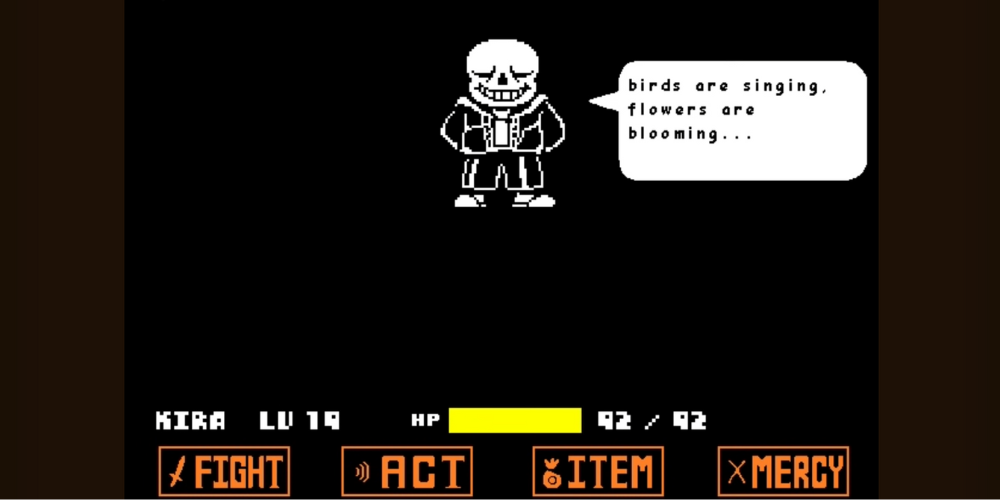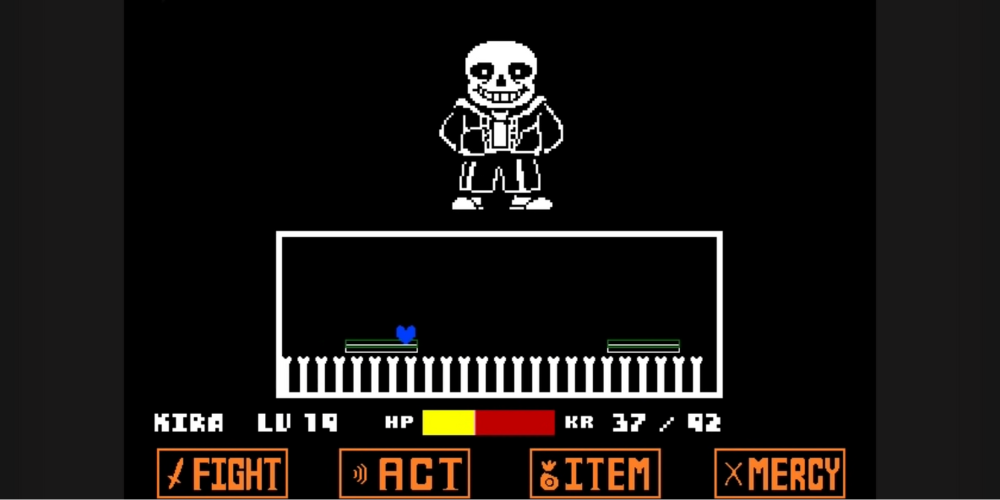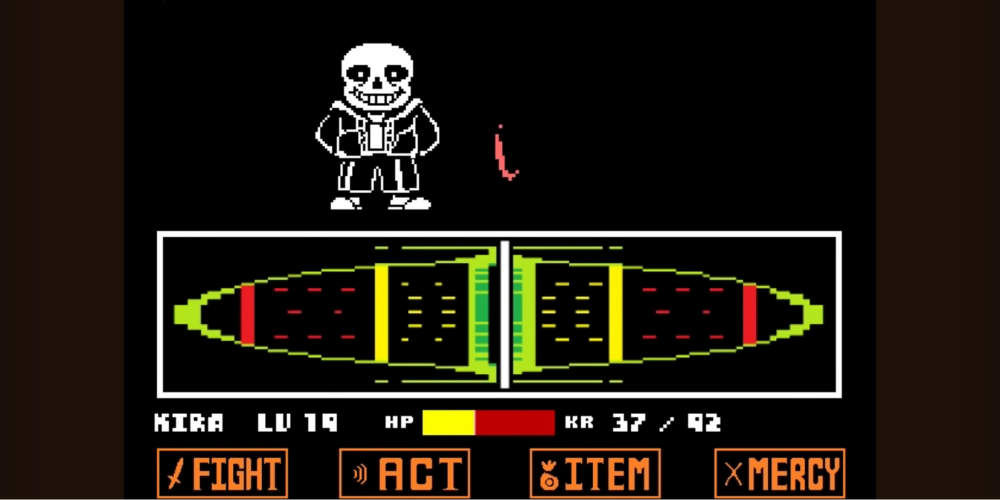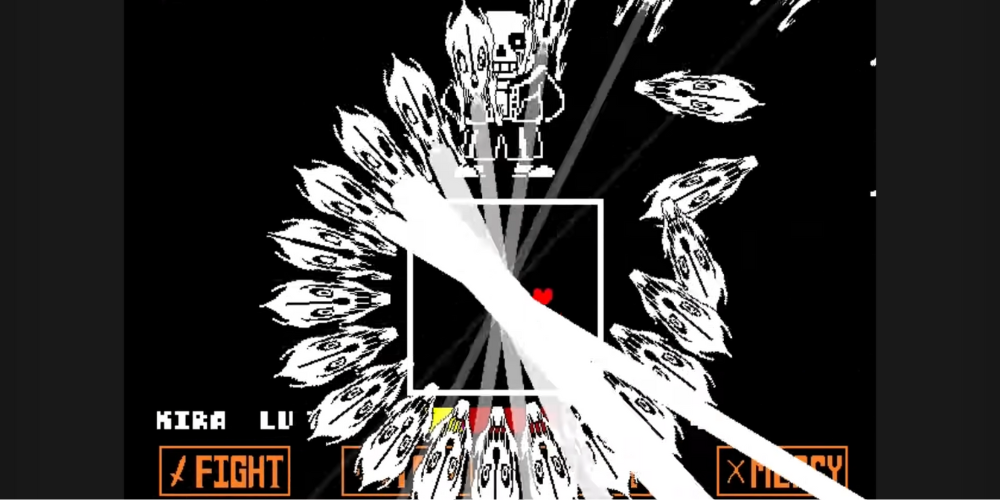Undertale: Understanding the Moral Implications of Your Choices
- Apr 28, 2024
- 0

In the realm of video games, few titles have been able to blend storytelling, gameplay, and player agency as effectively as Toby Fox’s Undertale. Released in 2015, this indie game quickly ascended to cult status, praised for its innovative mechanics, charming characters, and, notably, its profound moral complexity. Undertale shines a spotlight on the player’s choices, each carrying significant weight in shaping the journey and its conclusions. This article explores the moral implications inherent in these choices, dissecting how they reflect broader ethical considerations and impact the player’s emotional experience.
The Impact of Choice in Undertale
From the outset, Undertale presents a simple but compelling premise: 'In this world, it’s love or be loved.' The player is introduced to a world where monsters and humans exist, though separated by a barrier after a long history of conflict. What sets Undertale apart is not just its narrative but how it integrates choice into its core gameplay. Every encounter with the myriad of unique monsters can end in various ways, depending on the player's actions.
1. The Power of Mercy

One of the significant choices in Undertale is the ability to spare monsters instead of attacking them. This choice directly challenges typical gaming conventions where defeating enemies is the norm. Opting for mercy not only alters the game’s narrative arc but serves as a powerful ethical statement. This decision emphasizes compassion over conflict and questions the traditional video game mechanics of victory through aggression. It encourages players to consider the outcomes of their actions on others, nurturing empathy and understanding.
2. Consequences of Aggression
Conversely, choosing to engage in combat and aggressively facing opponents leads to an entirely different progression. Undertale vividly portrays how actions driven by hostility can result in fear, suffering, and regret. This route, while it also culminates in advancing the game, paints a grim picture of the world and changes the player's interactions with characters who grow increasingly wary and fearful. These outcomes serve as a critique of the desensitization towards violence often seen in video games and media.
Branching Narratives and Their Emotional Weight
Undertale’s branching narratives not only tailor the game world to the player’s decisions but also imbue the game with significant emotional depth. The game offers various conclusions, each tailored to the ethical decisions made by the player as they progress through their adventure.
1. The Neutral Path

Most players will initially experience the Neutral Route, which offers a blend of mercy and aggressiveness. This path acts as a mirror reflecting the complexity of human nature—the mix of empathy and survival instincts. The narrative on this path is more ambiguous, less judgmental but filled with a sense of incompleteness, urging players to rethink their previous actions and possibly encouraging different choices in future playthroughs.
2. The Pacifist Route
In stark contrast stands the Pacifist Route, achievable only when no one is harmed. This narrative path rewards ethical consistency with a storyline that reveals the world of Undertale the most, including detailed backstories and motivations for the characters. The game's resolution on this path is deeply satisfying and emotional, highlighting themes of forgiveness, redemption, and the power of love. This path makes a compelling case for non-violence as a practical and moral choice.
3. The Genocide Route
The most controversial path is the Genocide Route, characterized by the player deciding to attack and harm every monster they encounter. This route is grueling and serves as a powerful narrative device that reprimands the player's decisions with dire consequences. The game’s atmosphere shifts to become darker, and the music is sparse and haunting. This path questions the ethics of absolute power and the devastating effects of dehumanizing those who are different.
Moral Reflections and Player Engagement

Undertale doesn’t merely offer choices; it compels players to reflect on these decisions. This reflective process is central to the game’s enduring appeal and emotional impact. Players are encouraged to grapple with questions of morality, consequences, and personal responsibility, making Undertale an engaging experience that echoes beyond the screen.
Player-Character Identification
A distinctive feature of Undertale's design is how it fosters a deep connection between players and the game’s characters. Players often see their values and choices reflected in the characters. This identification enhances the moral weight of the decisions, making players more conscious of their role not just in the game but in the larger narrative of their lives.
Conclusion: Undertale as a Moral Landscape
In conclusion, Undertale serves as more than just a game; it’s a journey into the depths of moral consciousness. By forcing players to face the consequences of their actions, it presents a unique exploration of ethics dressed in the guise of pixel art and chiptune music. Undertale remains a seminal work in the world of gaming, continuing to influence discussions around the moral dimensions of interactive media and the role of choice in narrative structures.